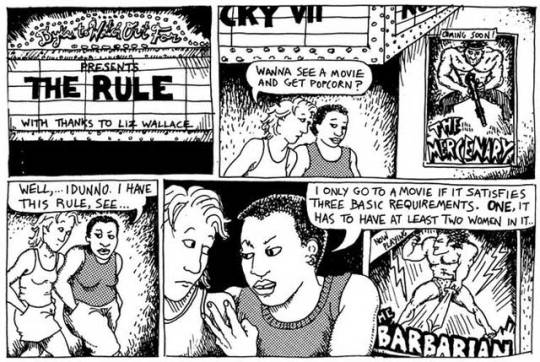She puts her fine finger on the issue here, analyzing a recently published book written by a woman:
“ ‘Chloe liked Olivia,’ I read. And then it struck me how immense a change was there. Chloe liked Olivia perhaps for the first time in literature. Cleopatra did not like Octavia. And how completely Antony and Cleopatra would have been altered had she done so! As it is, I thought …the whole thing is simplified, conventionalized, if one dared say it, absurdly. Cleopatra’s only feeling about Octavia is one of jealousy. Is she taller than I am? How does she do her hair? The play, perhaps, required no more. But how interesting it would have been if the relationship between the two women had been more complicated. All these relationships between women, I thought, rapidly recalling the splendid gallery of fictitious women, are too simple. So much has been left out, unattempted. And I tried to remember any case in the course of my reading where two women are represented as friends … They are confidantes, of course, in Racine and the Greek tragedies. They are now and then mothers and daughters. But almost without exception they are shown in their relation to men. It was strange to think that all the great women of fiction were, until Jane Austen’s day, not only seen by the other sex, but seen only in relation to the other sex. And how small a part of a woman’s life is that; and how little can a man know even of that when he observes it through the black or rosy spectacles which sex puts upon his nose. Hence, perhaps, the peculiar nature of woman in fiction; the astonishing extremes of her beauty and horror; her alternations between heavenly goodness and hellish depravity – for so a lover would see her as his love rose or sank, was prosperous or unhappy.”
-Virginia Woolf, A Room of One’s Own

